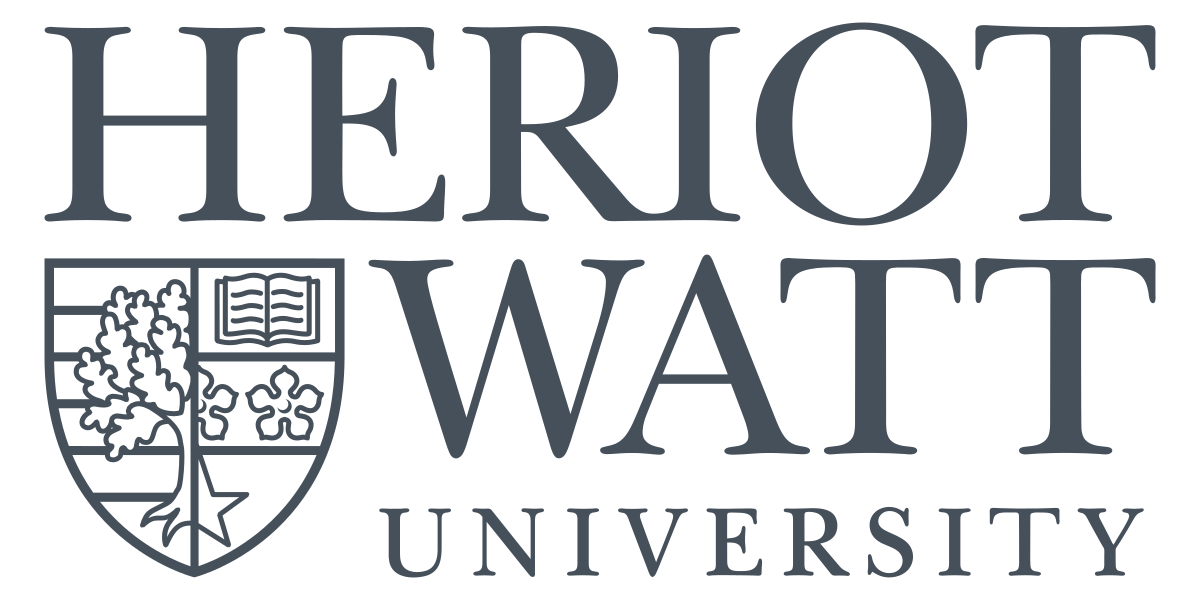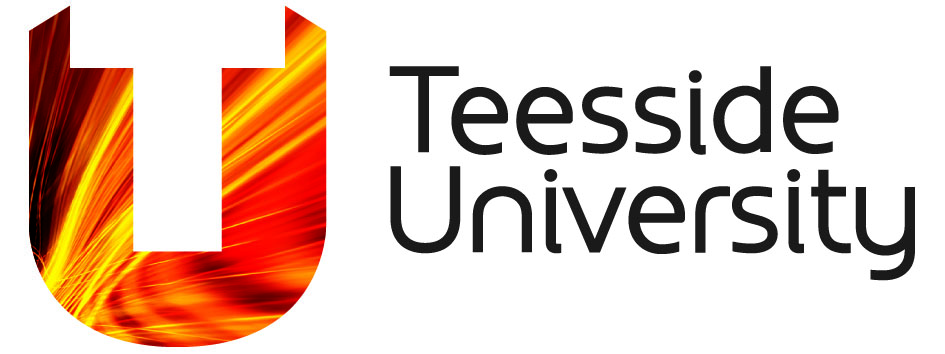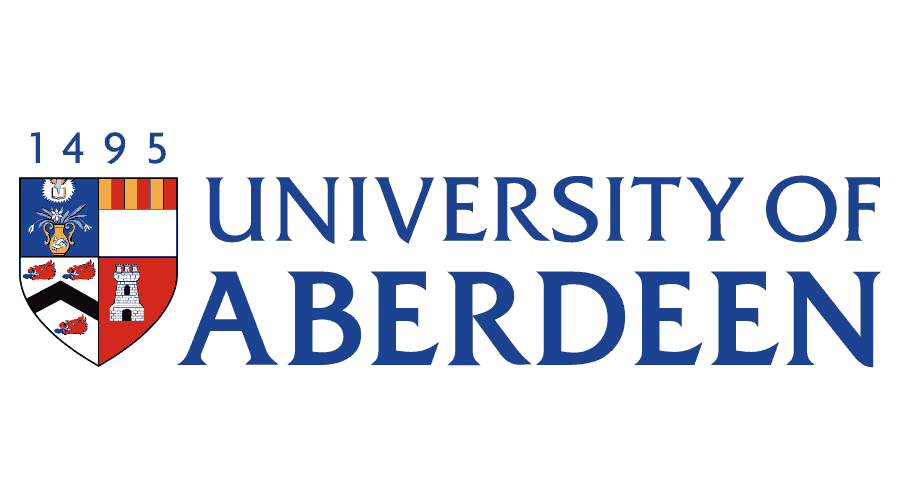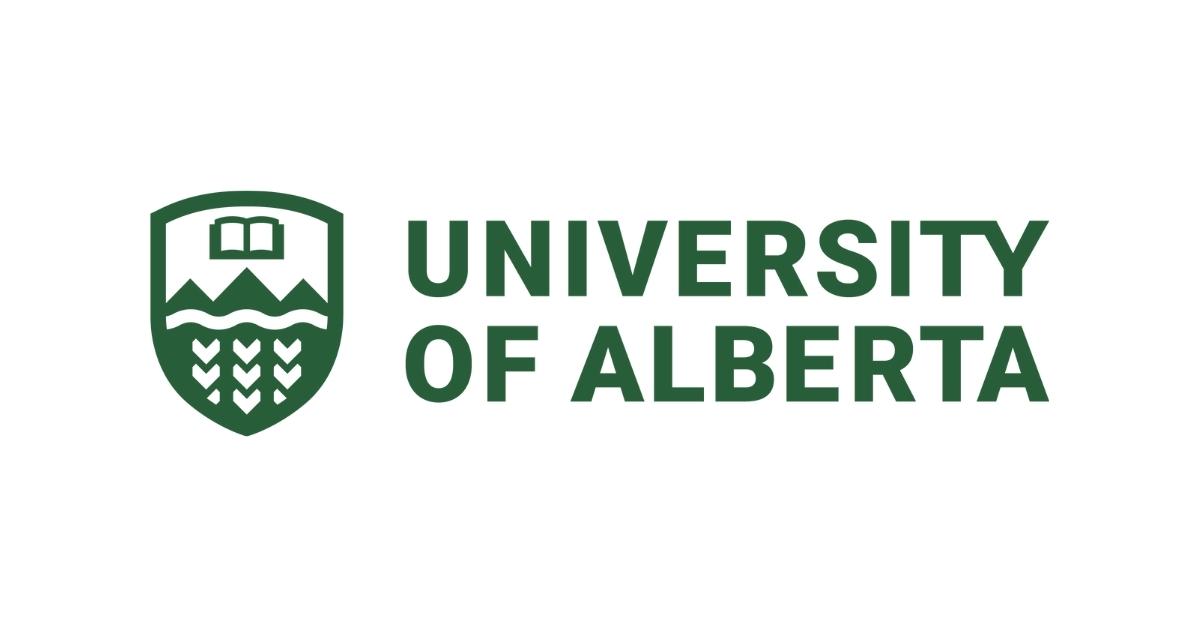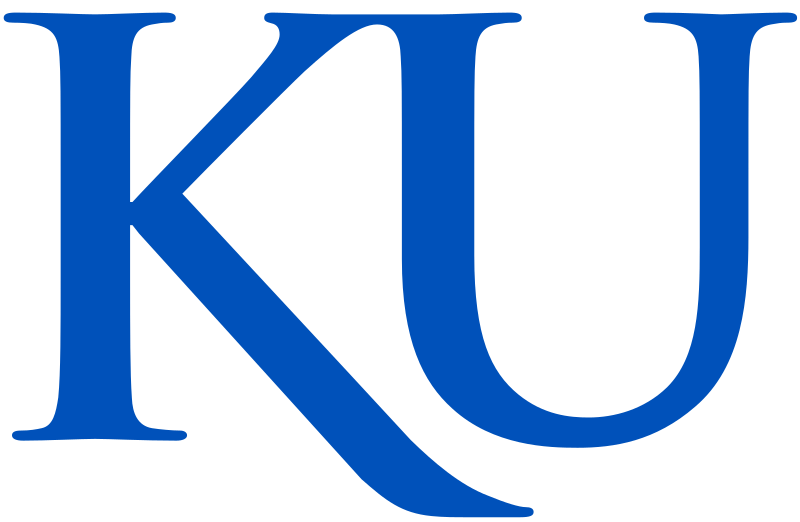Petroleum Engineering: Fuel Your Future in the Global Energy Sector
Petroleum Engineering is a dynamic and high-demand field that focuses on the exploration, extraction, and production of oil and natural gas resources. For Indian students aspiring to build a rewarding career in the energy industry, studying Petroleum Engineering abroad opens doors to world-class education, cutting-edge technology, and lucrative job opportunities. With India's growing energy demands and its position as a major importer of petroleum products, this course equips you with the skills to contribute to national development while gaining international exposure.
Why choose Petroleum Engineering? The global shift towards sustainable energy hasn't diminished the need for petroleum experts. Engineers in this field play a crucial role in optimizing resource recovery, ensuring environmental compliance, and innovating in areas like enhanced oil recovery and carbon capture. Studying abroad allows Indian students to access advanced labs, industry partnerships, and diverse networks that are often limited in domestic programs.
Course Overview and Curriculum
A typical Bachelor's or Master's in Petroleum Engineering spans 4 years for undergrad and 1-2 years for postgrad, blending theoretical knowledge with practical training. The curriculum is designed to prepare you for the complexities of the oil and gas industry, from reservoir analysis to drilling operations.
Core Subjects Covered
- Reservoir Engineering: Understanding how oil and gas are stored underground and methods to maximize extraction efficiency.
- Drilling Engineering: Techniques for safe and cost-effective well drilling, including directional and offshore drilling.
- Production Engineering: Managing the flow of hydrocarbons from reservoirs to surface facilities, with focus on artificial lift systems.
- Petrophysics and Formation Evaluation: Analyzing rock and fluid properties using tools like well logging and seismic data.
- Petroleum Economics and Project Management: Financial modeling, risk assessment, and sustainable project planning.
- Environmental and Safety Engineering: Regulations for minimizing ecological impact and ensuring worker safety in high-risk environments.
Advanced programs often include electives in unconventional resources like shale gas, geothermal energy, and renewable integration. Many courses incorporate hands-on projects, internships with companies like Shell or ExxonMobil, and simulations using software such as ECLIPSE or Petrel.
Degree Levels
| Level | Duration | Focus | Ideal For Indian Students |
|---|---|---|---|
| Bachelor's (BEng/BSc) | 4 years | Foundational concepts, lab work, and basic industry exposure | Fresh high school graduates with strong math/science background |
| Master's (MEng/MSc) | 1-2 years | Specialized topics, research, and advanced simulations | Engineers seeking career advancement or specialization |
| PhD | 3-5 years | Original research in emerging areas like sustainable extraction | Those aiming for academia or R&D roles |
Eligibility Criteria for Indian Students
Admission requirements vary by university, but Indian students should prepare for competitive entry. Most programs require a solid foundation in physics, chemistry, and mathematics.
- Academic Qualifications: For Bachelor's, 10+2 with at least 60-70% in PCM (Physics, Chemistry, Maths). For Master's, a relevant Bachelor's degree with 55-65% marks or equivalent GPA.
- Entrance Exams: GRE for Master's/PhD (optional in some countries); IELTS/TOEFL for English proficiency (minimum 6.5/80 scores).
- Other Requirements: Statement of Purpose (SOP) highlighting your interest in energy sector; Letters of Recommendation (LORs); Portfolio of projects if applicable.
- Visa and Work Experience: Student visa proof of funds; some Master's programs prefer 1-2 years of industry experience.
Tip for Indian Applicants: Highlight your knowledge of India's oil sector (e.g., ONGC, Reliance) in your SOP to stand out.
Top Destinations and Universities for Petroleum Engineering
Studying abroad in countries with established oil industries provides unparalleled opportunities. Popular choices for Indian students include the USA, UK, Canada, Australia, and Norway, known for their rigorous programs and strong alumni networks.
Recommended Countries
- USA: Home to the world's largest oil reserves. Universities offer scholarships and ties to Texas's energy hub.
- Canada: Focus on sustainable practices; affordable tuition and post-study work visas up to 3 years.
- Australia: Emphasis on offshore engineering; vibrant Indian student community.
- UK: Short programs with global recognition; access to North Sea operations.
- Norway: Leader in eco-friendly petroleum tech; high quality of life.
Top Universities
- Texas A&M University (USA): Renowned for its Petroleum Engineering department; offers internships with Chevron.
- University of Alberta (Canada): Strong research in heavy oil; scholarships for international students up to CAD 10,000.
- University of New South Wales (Australia): Integrated programs with industry placements.
- Imperial College London (UK): Cutting-edge facilities; focus on energy transition.
- Norwegian University of Science and Technology (Norway): Emphasis on subsea engineering; tuition-free for EU, but scholarships available.
Indian students often choose these for their multicultural environments and support services tailored to South Asian applicants.
Skills and Knowledge Gained
Graduating with a Petroleum Engineering degree hones technical and soft skills essential for the industry.
- Technical Skills: Proficiency in geophysical modeling, fluid dynamics, and data analytics using tools like MATLAB and reservoir simulation software.
- Practical Skills: Fieldwork experience in drilling rigs, safety protocols, and project execution.
- Soft Skills: Problem-solving in high-pressure scenarios, teamwork in multicultural teams, and ethical decision-making for sustainable practices.
- Emerging Skills: Knowledge of digital twins, AI in exploration, and renewable energy integration to future-proof your career.
These skills are transferable to related fields like environmental consulting or renewable energy, addressing India's push towards net-zero emissions by 2070.
Career Prospects and Opportunities
Petroleum Engineering graduates enjoy high employability, with starting salaries ranging from $70,000-$100,000 USD annually abroad, and ₹10-20 lakhs in India. The global energy demand ensures steady job growth, projected at 8% by 2030.
Key Job Roles
| Role | Description | Average Salary (USD) | Relevance for Indian Graduates |
|---|---|---|---|
| Reservoir Engineer | Optimizes oil recovery from reservoirs | 90,000 | High demand in ONGC and Cairn India |
| Drilling Engineer | Designs and supervises drilling operations | 95,000 | Opportunities in Middle East for Indians |
| Production Engineer | Manages well performance and facilities | 85,000 | Growing in India's refining sector |
| Petrophysicist | Analyzes subsurface data | 100,000 | Research roles in IOCL |
Post-Study Opportunities: Many countries offer work visas—USA's OPT (up to 3 years for STEM), Canada's PGWP (up to 3 years). Indian alumni often return to lead projects at PSUs like HPCL or join multinationals like Schlumberger, which recruits heavily from abroad programs.
Costs, Scholarships, and Financial Aid
Studying abroad requires planning, but scholarships make it accessible for Indian students. Total costs include tuition, living expenses, and travel.
- Tuition Fees: Bachelor's: $20,000-$50,000/year (USA); Master's: $15,000-$40,000 (Canada/Australia).
- Living Expenses: $10,000-$20,000/year, depending on location.
- Scholarships for Indians:
- Fulbright-Nehru (USA): Full funding for Master's.
- Chevening Scholarships (UK): Covers tuition and stipend.
- Endeavour Awards (Australia): Up to AUD 15,000.
- University-Specific: Texas A&M offers merit-based aid up to $10,000 for internationals.
- Part-Time Work: Allowed up to 20 hours/week; on-campus jobs in labs pay $10-15/hour.
ROI Insight: With high salaries, many recover costs within 2-3 years. Indian government schemes like Education Loan Guarantee can help finance studies.
Application Process and Tips
Start early—applications open 6-12 months in advance. Follow these steps:
- Research and Shortlist: Use platforms like QS Rankings to select 5-7 universities.
- Prepare Documents: Transcripts, SOP, LORs, exam scores. Get them attested by Indian authorities.
- Apply Online: Through university portals or Common App; pay application fees ($50-150).
- Interviews: Some require virtual interviews—practice discussing energy challenges in India.
- Visa Application: After offer letter, apply for student visa with financial proofs and health insurance.
- Pre-Departure: Attend orientation webinars; join Indian student forums for tips.
Success Tip: Build a strong profile with internships at Indian firms like GAIL. Networking via LinkedIn with alumni can boost your chances.
Embarking on a Petroleum Engineering course abroad is an investment in a stable, impactful career. With India's energy sector expanding, your global expertise will be invaluable. Explore options today and take the first step towards a brighter future!

